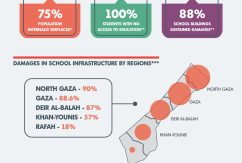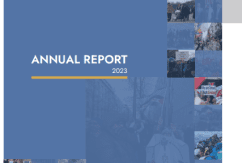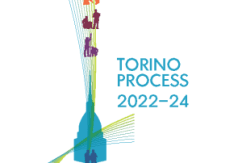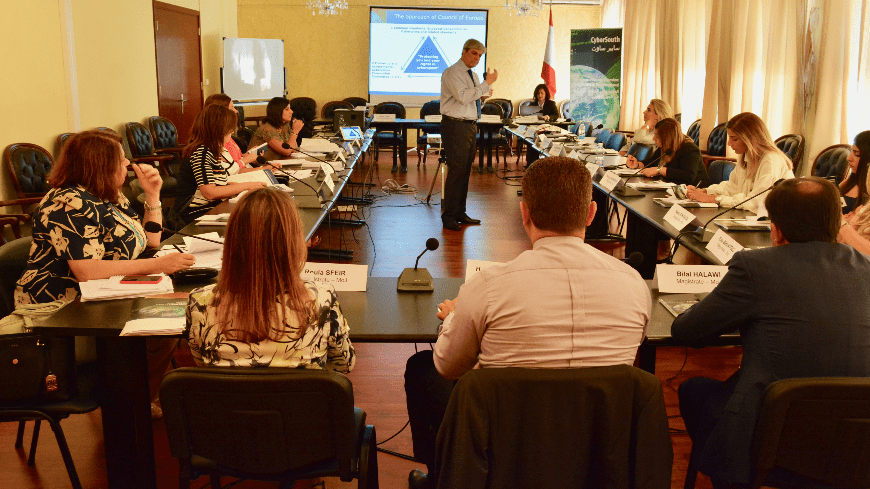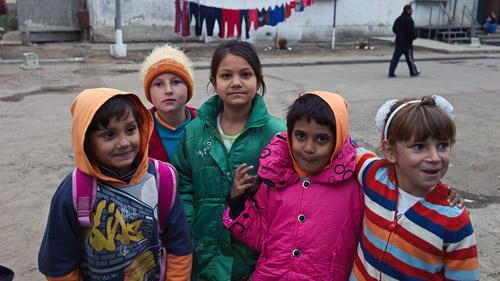National strategy needed to increase employability of Lebanese returnees, refugees and migrants, ETF study finds

The European Training Foundation (ETF) held a high-level workshop in Beirut on 4 July, during which ETF labour market experts presented the findings of a research mapping skills policy and support measures in Lebanon.
The ETF research, the first of its kind, shows that a national mobility strategy would help Lebanon better utilise the skills of refugees, foreign workers, migrants, expatriates and returnees.
Building upon the inventory of ‘Migrant Support Measures from the Employment and Skills Perspective’, the ETF research identifies 17 measures in Lebanon that aim to support labour mobility, job and skills matching for expatriates and returnees, potential emigrants, foreign migrants, asylum seekers and refugees.
Twelve measures focus on support for refugees, as well as ‘vulnerable’ Lebanese beneficiaries. Three focus on foreign migrant workers and two cater for Lebanese emigrants and expatriates.
The majority of measures are financed by the international donor community, including the EU, which is the world’s leading donor in the international crisis response in Syria.
According to the World Bank, in 2013 there were 810, 900 Lebanese living abroad, but more recent estimates place that number as high as 10 million.
Lebanon is also an immigration destination for low-skilled workers from the Middle East, Asia and Africa, with an estimated 1.6 million foreign workers in the country, employed primarily in construction, agriculture and domestic work.
The country is also dealing with a massive influx of refugees, an estimated 1.6 million from Syria, which is putting increased pressure on the community of low skilled workforce.
The ETF report calls for a national migration policy to increase employability of Lebanese emigrant workers wishing to return to Lebanon, foreign immigrant workers, and refugees.
The European Training Foundation is a specialised EU agency, working with 29 partner countries bordering Europe. The ETF works closely with EU Delegations, providing expertise and support in the area of skills, vocational education and training and human capital development.
Read more








